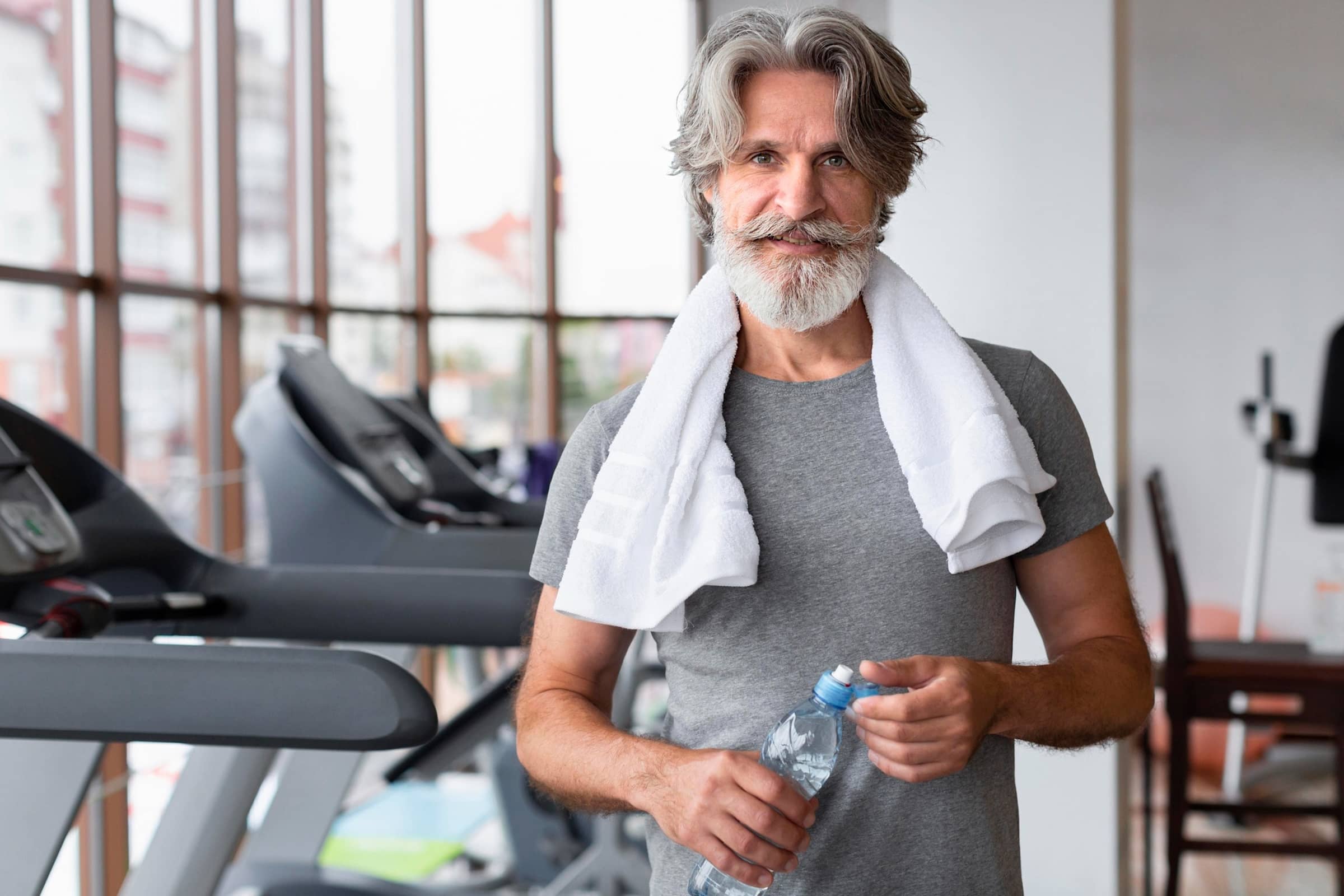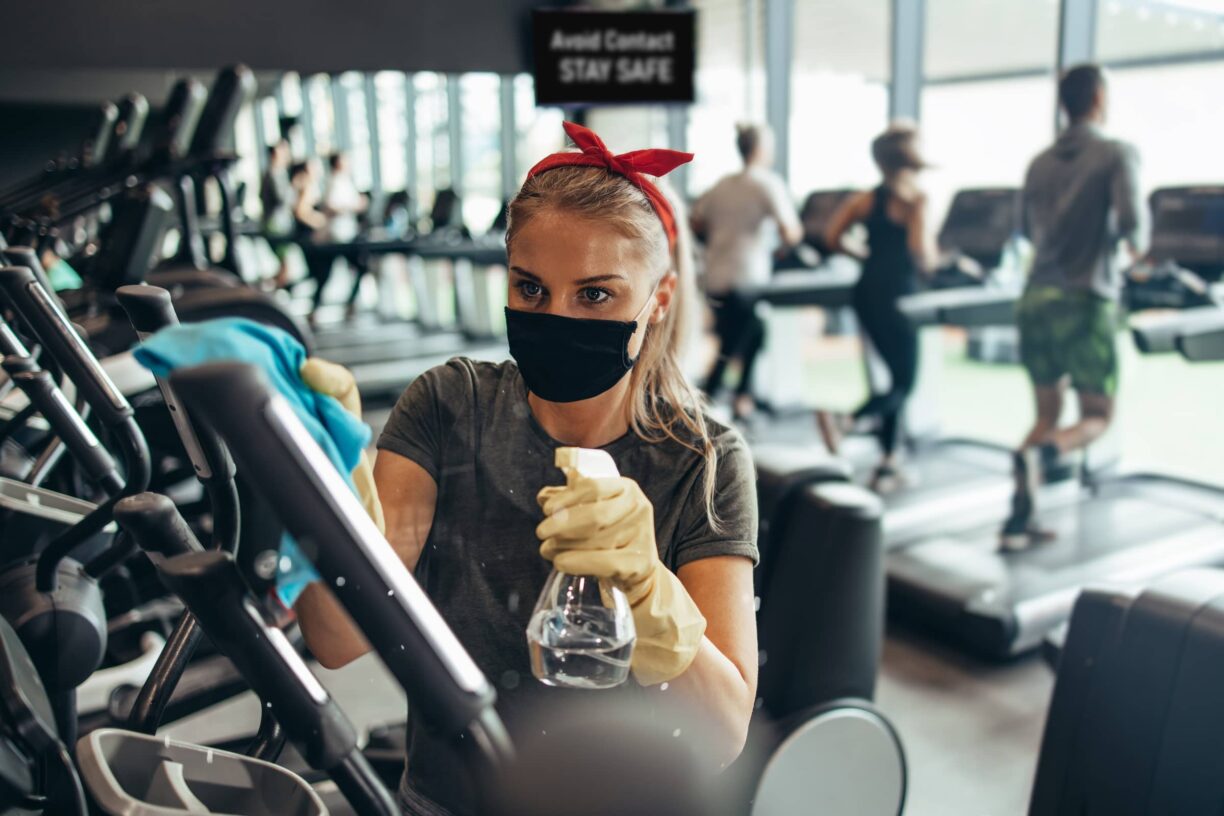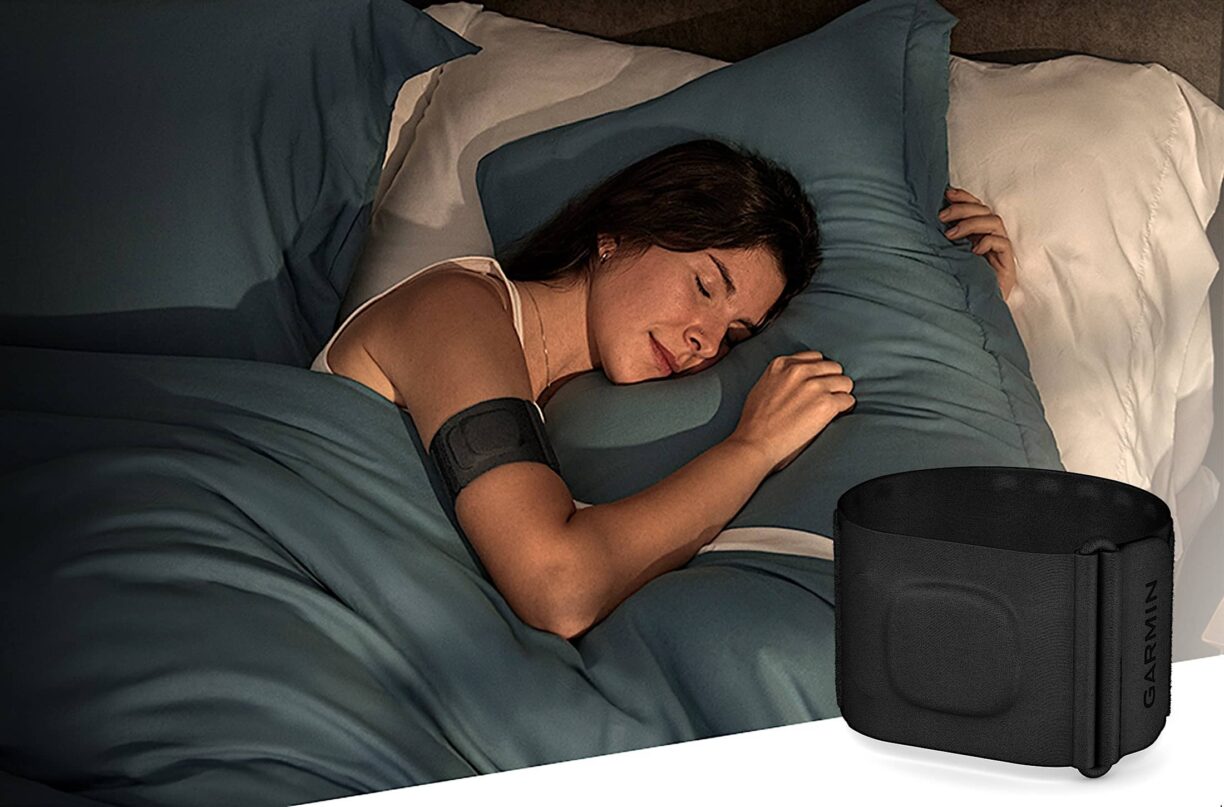You’re eating clean, lifting heavy, and sweating buckets—so why do you still feel like you’re running on fumes? If your workouts are plateauing, your belly’s bulging a bit more than it used to, and your energy nosedives halfway through a session, the issue might not be your willpower—it might be low testosterone.
In the world of men’s fitness, low testosterone is the unspoken saboteur. It’s that hormonal handbrake quietly pulling against your strength, stamina, recovery, and even your desire to train in the first place. And yet, many men don’t even realise it’s happening.
Let’s strip this down and figure out if your testosterone health levels are the missing link between effort and results—and what you can do about it.
Testosterone: Not Just About the Bedroom
Testosterone might get all the attention for what it does between the sheets, but its real power is what it fuels in the gym. We’re talking:
- Muscle growth and preservation
- Fat metabolism
- Cellular energy generation
- Recovery speed
- Motivation, drive, and mental sharpness
When your testosterone levels are firing, your body’s a well-oiled machine. But with low testosterone, everything grinds. Gains slow. Fat clings. And your spark for pushing harder dims.
The Hidden Costs of Low T in Training
Low testosterone doesn’t just tap you on the shoulder and whisper, “You’re tired.” It tackles your performance from every angle:
1. Strength and Muscle Fade
“Testosterone drives muscle protein synthesis,” say the experts. That’s the engine behind muscle growth. Without it? Your hard-earned muscle deflates, and your max lifts stall like an old truck on a cold morning.
2. Belly Fat Builds Up
Low T encourages fat storage, especially around the gut. And here’s the kicker—more fat worsens hormonal balance, creating a grim loop of flab and fatigue.
3. Energy Tanks Early
Even with a full night’s sleep, men with low testosterone often feel like they’re dragging a sled through wet cement. Your workouts end early, or never start at all.
4. Longer Recovery = Fewer Gains
If a light workout leaves you aching for days, hormones—not just age—may be the reason. Testosterone is critical for bouncing back.
5. You Lose Your Mojo
And we don’t just mean libido. Testosterone fuels motivation and mental grit—the things that get you through the final reps when your body’s screaming “nope.”
What’s Lowering Your Testosterone?
Yes, testosterone naturally dips after age 30. But modern life is accelerating the decline.
Common culprits include:
- Chronic stress (hello, cortisol)
- Lack of sleep
- Low-fat or highly processed diets
- Excess body fat
- Inactivity
- Environmental toxins
- Alcohol or substance use
Even the fittest-looking guys aren’t immune—especially if they’re overtraining, under-eating, or skipping recovery.
Fat Loss Stalled? Check Your Hormones
If you’ve been training and dieting like a champ, but your waistline refuses to shrink, low testosterone could be the culprit.
Testosterone regulates metabolism and fat-burning. When levels drop, your body clings to fat, insulin resistance climbs, and metabolism slows. Especially around your midsection, it becomes nearly impossible to lean out without fixing your hormones first.
Is It Low T? Know the Red Flags
Only a blood test can confirm low testosterone, but here are the usual suspects:
- Constant fatigue, even during workouts
- Strength stagnation
- Extra weight (particularly belly or chest)
- Reduced libido
- Irritability or mental fog
- Slower recovery after training
If this sounds like your reality, don’t tough it out—get tested.
The Fix: Don’t Wing It—Get Checked
“Don’t guess your hormones,” as they say. Here’s what proper testing can do:
- Same-day results from a quick blood test
- A personalised plan tailored to your training and lifestyle
- Medically supervised testosterone replacement therapy (TRT), if needed
Can You Naturally Boost Testosterone?
Yes—though nothing beats medical insight when Low T is confirmed. Still, you can support testosterone health with a few smart choices:
- Train Smart: Heavy lifting and HIIT are great. Just don’t overdo it. Rest is not laziness—it’s strategy.
- Prioritise Sleep: You make most of your testosterone in deep sleep. Clock 7–9 hours.
- Manage Stress: Chronic cortisol is a testosterone killer. Try breathwork, meditation, or just a good laugh.
- Eat Enough (and Eat Fat): Low-fat diets tank testosterone. Think eggs, nuts, avocados, and olive oil.
- Stay Lean (But Not Too Lean): High body fat crushes hormones. But being shredded year-round can also stress your system.
The Bottom Line: Test First, Then Train Hard
If your body isn’t hormonally primed, all the training in the world won’t get you where you want to go. It’s like trying to race a sports car with a half-empty fuel tank and a flat tyre.
Low testosterone is more common than most realise—and more treatable than many think. Optimising your Testosterone Health isn’t cheating. It’s making sure your effort translates into results.
If your drive’s gone missing and your gains are stuck in neutral, this might be the signal you’ve been waiting for.
*Sponsored





